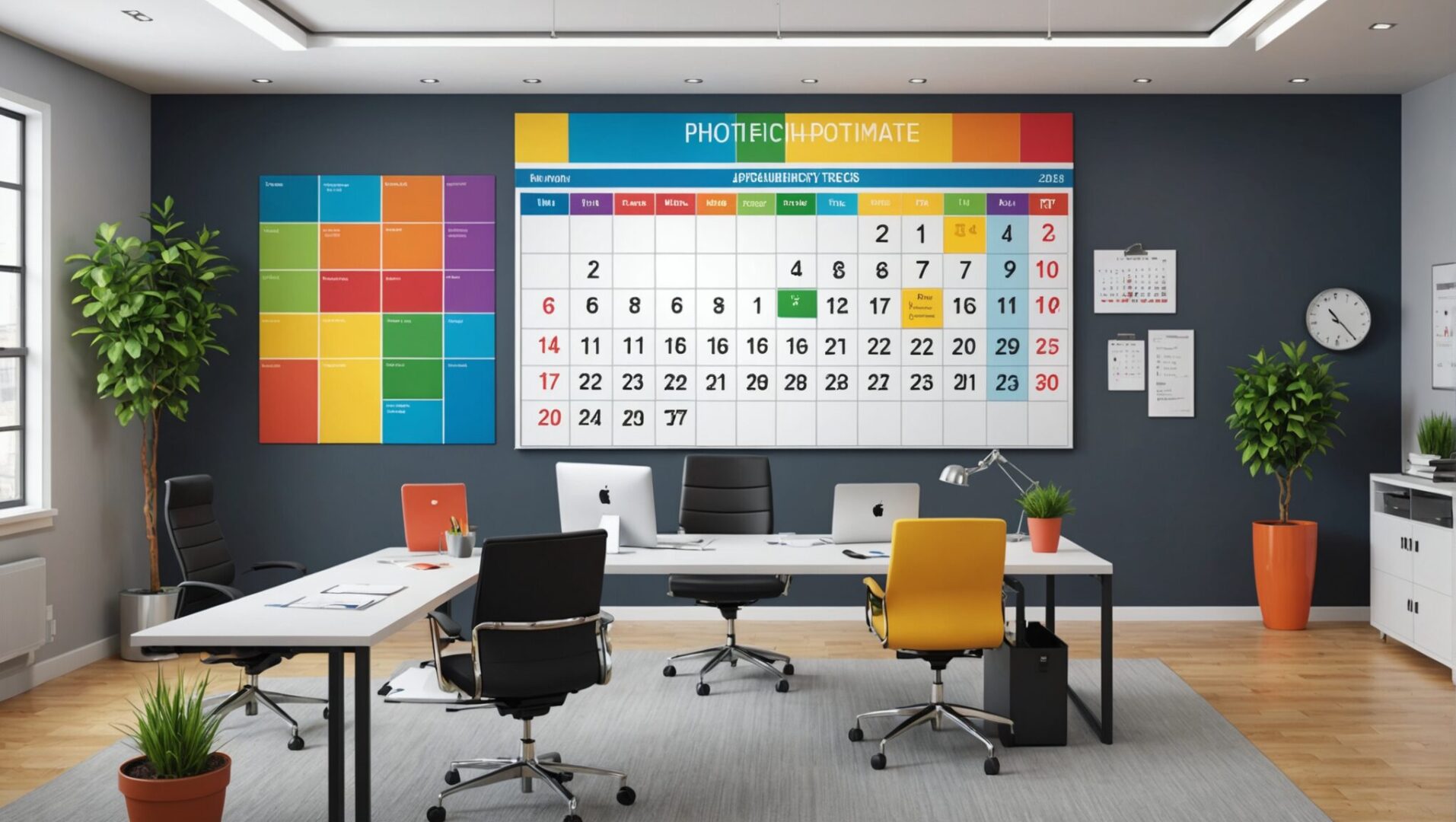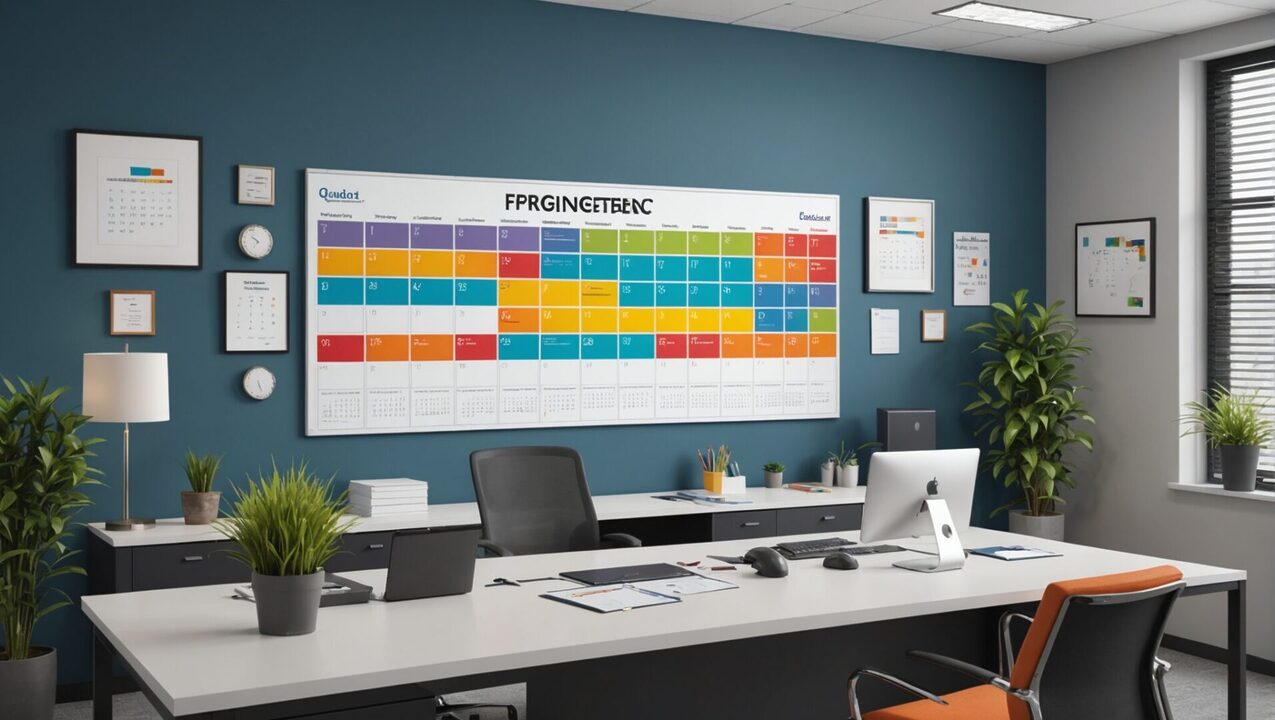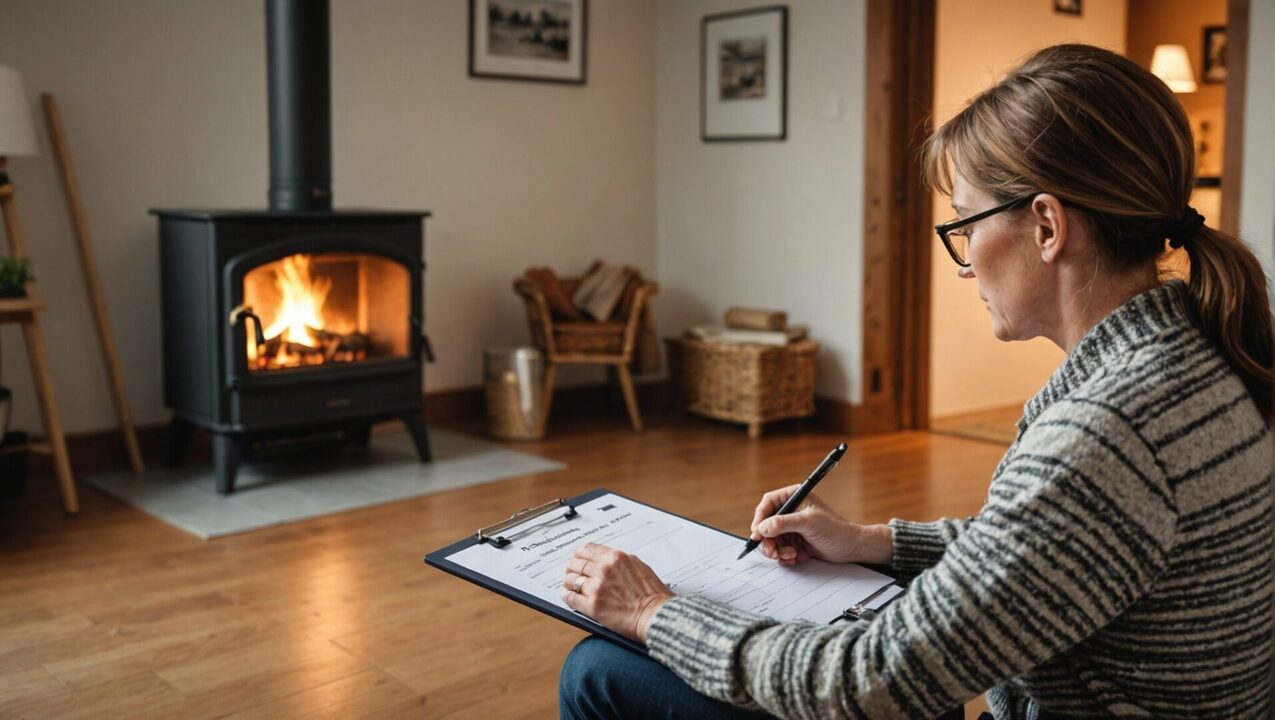Regular maintenance of your pellet stove Or wood stove is essential to guarantee its effectiveness and sustainability. But how often do you need to call on a professional to carry out this maintenance? The answer depends on several factors, including the stove’s use, fuel type and manufacturer’s recommendations. Let’s explore the different facets of this question together.
Recommended maintenance frequency
Annual maintenance
It is generally recommended to schedule annual maintenance for wood heating systems. This meeting allows us to carry out a assessment of the condition of the stove, clean the ducts and make the necessary repairs. Increasing the frequency may seem unnecessary, but it is recommended if you use your stove regularly or if it shows signs of failure.
Regular inspection
Beyond annual maintenance, a professional can also carry out regular inspections. These can be done every six months, especially if you use your device intensively during cold periods. These checks make it possible to detect potential problems early, thus avoiding major inconveniences. It is nevertheless appropriate to consider the associated costs to these additional interventions.
Sur le même sujet :
Factors influencing frequency
Daily use
The frequency of visits from a professional must also take into account thedaily use of your stove. Frequent use leads to greater accumulation of ash, soot and other residue. Thus, regular use increases the need for maintenance. On the other hand, a stove that is rarely used might only require annual maintenance.
Type of fuel used
The type of fuel has a direct impact on the frequency of maintenance. For example, a pellet stove will require more rigorous monitoring due to the specific residues generated by this type of fuel. Indeed, non-optimal combustion can cause energy efficiency issues. For more details on how maintenance improves this efficiency, please see this link.
Sur le même sujet :
Importance of preventative maintenance
Risk prevention
A poorly maintained stove represents a significant risk, ranging from fires to carbon monoxide emissions. Preventative maintenance not only ensures user safety but also improves energy efficiency of your system. Here you will find practical advice for sweeping your stove: Practical guide.
Maintenance costs
It is legitimate to question the budget allocated to maintenance. Costs may vary depending on professionals and regions. However, remember that proper maintenance can avoid much higher expenses associated with a major repair or damage caused by faulty equipment. To learn more about the energy consumption of pellet stoves, see this link.
Alternatives for individuals
Self-directed interview
You can also carry out some maintenance yourself, such as cleaning the ashes and checking the condition of the chimney. However, this is not enough. A professional remains essential for carrying out more in-depth checks. Additionally, some homeowners opt for more frequent cleaning for reasons of personal comfort, although this is not imperative. But be careful, too regular maintenance can lead to excessive costs.
Evaluation of maintenance effectiveness
Finally, it is useful to question the impact of maintenance on the performance of your device. If you don’t see improvement after regular interventions, this could suggest that another approach is needed. Taking into account the obstacles to developing this efficiency, it can be beneficial to discuss with a technician to evaluate best practices.
So, what do you think is the best frequency to call a professional? Feel free to share your experiences and engage in debate in the comments below.





